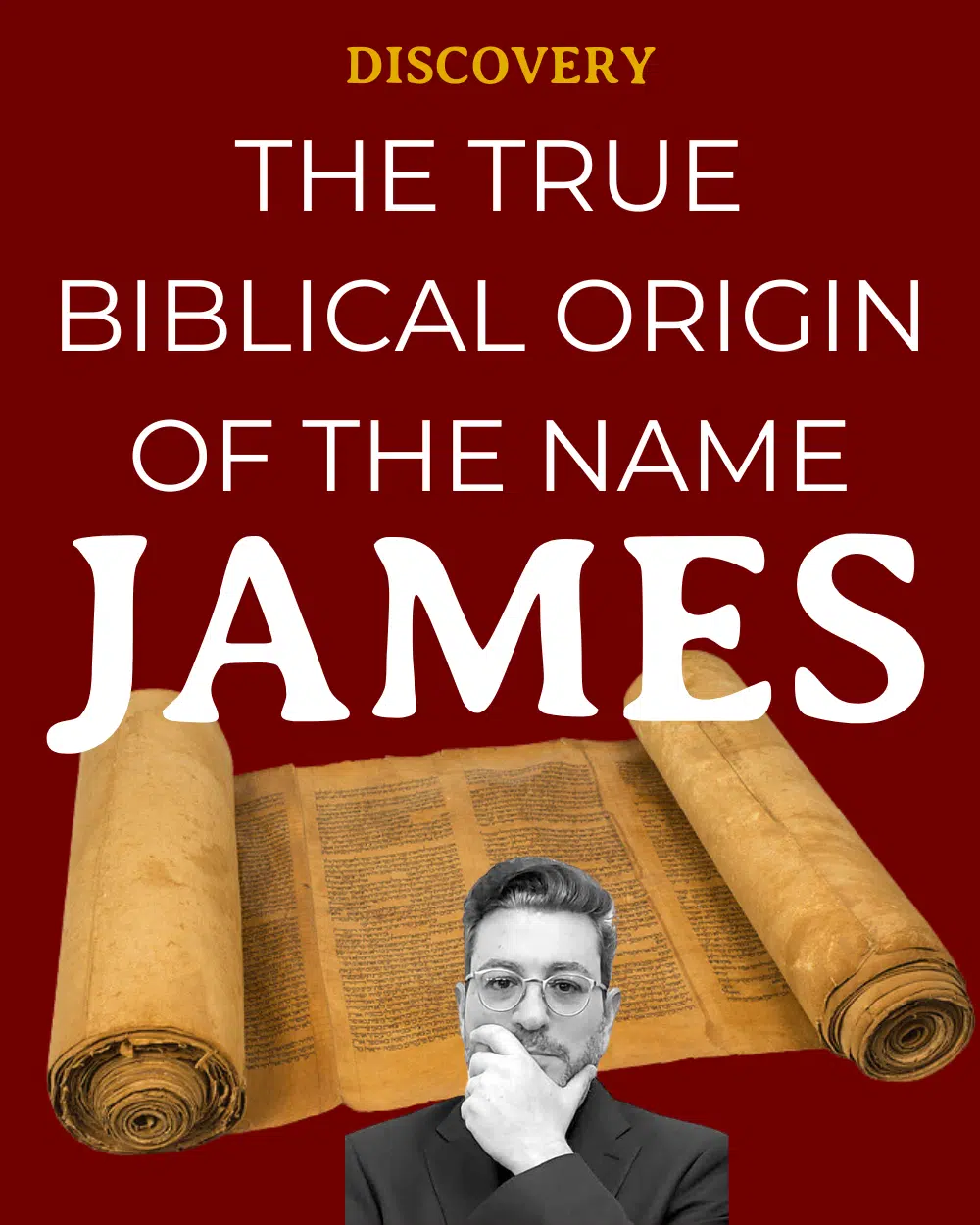Examples of Misinterpretations and/or manipulations of the Original Bible for Political Reasons in the King James Version:
1. Jeremiah 22:3 – The King James Version of this verse states, “Thus saith the Lord; Execute ye judgment and righteousness, and deliver the spoiled out of the hand of the oppressor: and do no wrong, do no violence to the stranger, the fatherless, nor the widow, neither shed innocent blood in this place.” This verse has been interpreted as a call to justice and to protect the vulnerable from oppression. However, some scholars argue that the original Hebrew text of this verse was mistranslated in the King James Version, in order to justify the monarchy and maintain its power. According to these scholars, the original Hebrew text actually called for the removal of the monarchy and the establishment of a government that would provide justice for the oppressed.
2. Exodus 22:28 – The King James Version of this verse states, “Thou shalt not revile the gods, nor curse the ruler of thy people.” This verse has been interpreted as a command to not criticize the authorities. However, some scholars argue that the original Hebrew text of this verse was mistranslated in the King James Version, in order to promote the power of the monarchy. According to these scholars, the original Hebrew text actually called for people to criticize the rulers and to not accept their rule without question.
3. Psalm 72:11 – The King James Version of this verse states, “Yea, all kings shall fall down before him: all nations shall serve him.” This verse has been interpreted as a call for all rulers to submit to the authority of the Lord. However, some scholars argue that the original Hebrew text of this verse was mistranslated in the King James Version, in order to emphasize the power of the English monarchy. According to these scholars, the original Hebrew text actually called for the people to respect and honor the Lord, rather than the English king.
4. Potential political influence on the KJV is the translation of the Hebrew word כֹּהֵן (kohen) as “priest.” The KJV translates this word as “priest” throughout the Old Testament, even though the word can also be translated as “minister” or “officer.” This translation may have been influenced by the role of the clergy in the Church of England, which was closely tied to the monarchy and the ruling elites. By translating כֹּהֵן as “priest,” the KJV may have reinforced the authority and status of the clergy in English society.
5. Potential political influence on the KJV is the translation of the Greek word δοῦλος (doulos) as “servant.” The KJV translates this word as “servant” in numerous passages, including Romans 1:1 and Philippians 1:1. However, the word can also be translated as “slave.” It is possible that the KJV’s translation of δοῦλος as “servant” may have been influenced by the political and social context of seventeenth-century England, where slavery was a controversial and contested issue. By translating δοῦλος as “servant,” the KJV may have sought to downplay the institution of slavery and avoid controversy.
Overall, while it is difficult to determine the precise extent to which political considerations may have influenced the translation and interpretation of the KJV, it is important to recognize that all translations of the Bible are necessarily shaped by the cultural, historical, and political contexts in which they are produced. As such, it is important to approach any translation of the Bible with a degree of caution and to carefully consider the potential biases and interpretive choices that may have influenced the translation.
Academic article 2:
The King James Version (KJV) of the Bible, also known as the Authorized Version, was a translation of the Bible into English that was commissioned by King James I of England in 1604 and completed in 1611. The purpose of the translation was to provide an authoritative English version of the Bible that could be used in the Church of England and throughout the English-speaking world. While the KJV was not intended to be a political document, it is possible that political considerations may have played a role in certain aspects of the translation and interpretation of the text.
One political consideration that may have influenced the translation of the KJV was the belief in the divine right of kings. King James I was a strong supporter of the divine right of kings, a belief that held that kings derived their authority directly from God and were accountable only to him. This belief may have influenced the way in which certain passages of the Bible were translated and interpreted in the KJV in order to support the idea of the king’s divine authority.
For example, the KJV includes several passages that speak to the authority of kings and rulers. These passages may have been emphasized or given a particular interpretation in order to support the idea of the king’s divine authority. For instance, the KJV includes the following passages:
Romans 13:1: “Let every soul be subject unto the higher powers. For there is no power but of God: the powers that be are ordained of God.”
1 Peter 2:13-14: “Submit yourselves to every ordinance of man for the Lord’s sake: whether it be to the king, as supreme; Or unto governors, as unto them that













